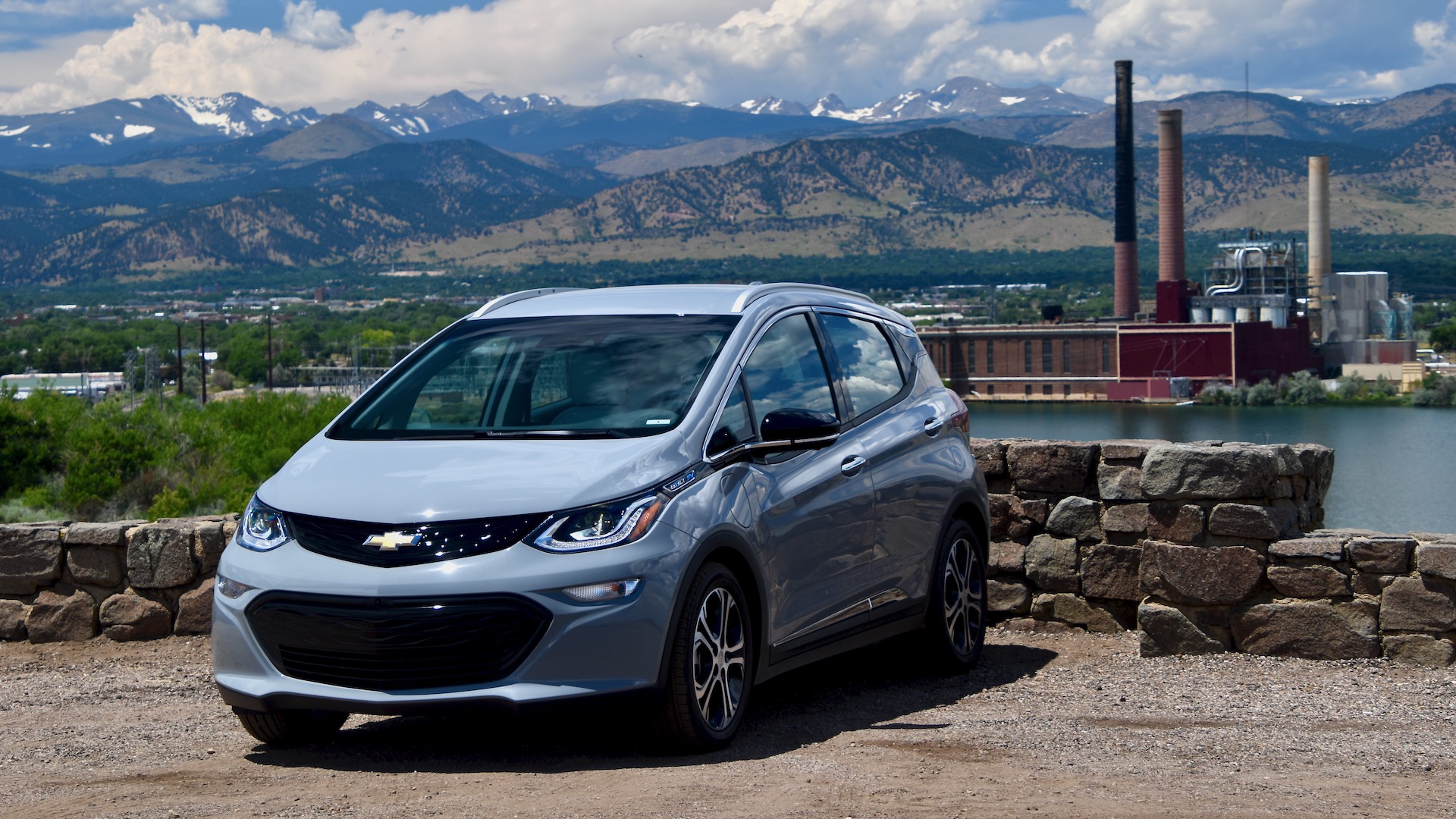

A decade ago, carmakers could expect to pay as much as $1,100 per kilowatt-hour (kWh) for lithium-ion batteries, the backbone of modern electronics. But in the years since, this energy storage staple has undergone colossal cost reductions, falling 89 percent to $137/kWh in 2020. Costs have reportedly shrunk by 20 percent since this time last year, and more than half since 2016. According to a forecast by Bloomberg New Energy Finance, prices could by 2023 tumble to $100/kWh, the threshold where electric vehicles can finally compete with petroleum-powered cars on price.
Published Wednesday, BNEF‘s study estimated an industry average of $101/kWh by the end of 2023, a cost reduction facilitated by several factors observed in 2020. Battery factories operating near capacity and falling raw material prices significantly impacted prices, while battery technological refinement and escalating order sizes played roles of their own.

BNEF acknowledged that prices will still vary depending on “geography,” with length of supply lines and economies of scale differing in China, Germany, and the United States, but conservatively factors no subsidies into its estimate. Additionally, BNEF ran the numbers for a possible increase in the prices for battery raw materials and found this hurdle would only push the $100/kWh milestone out to 2025.
Prices near this have already been reported in some industries, with batteries for electric buses in China reportedly averaging $105/kWh, and one outlier claiming as low as $80/kWh. Even this anomaly, however, could be surpassed within a decade according to BNEF, which anticipates energy storage costs of as low as $58/kWh in 2030. This, it expects, will be achieved with low-cost solid-state (or solid-electrolyte) batteries, the likes of which Toyota will begin prototyping in 2021 according to Nikkei Asia.

“It is a historic milestone to see pack prices of less than $100/kWh reported,” commented BNEF‘s head of energy storage research, James Frith. “Within just a few years we will see the average price in the industry pass this point. What’s more, our analysis shows that even if prices for raw materials were to return to the highs seen in 2018, it would only delay average prices reaching $100/kWh by two years—rather than completely derailing the industry. The industry is becoming increasingly resilient to changing raw material prices, with leading battery manufacturers moving up the value chain and investing in cathode production or even mines.”
“The increasingly diversified chemistries used in the market result in a wide range of prices,” added senior energy storage associate Daixin Li. “Battery manufacturers are racing to mass-produce higher energy-density batteries with some new chemistries such as lithium nickel manganese cobalt oxide—NMC (9.5.5)—and lithium nickel manganese cobalt aluminum oxide—NMCA—set to be mass-produced as early as 2021. Lithium iron phosphate—LFP—however plays as a cost-competitive alternative, contributing to the lowest reported cell prices of $80/kWh.”
Got a tip? Send us a note: tips@thedrive.com